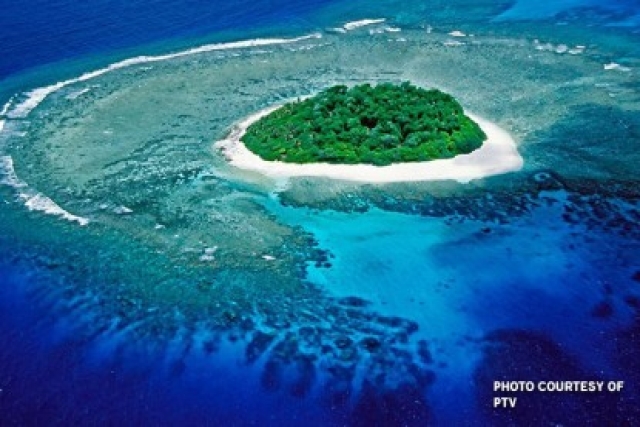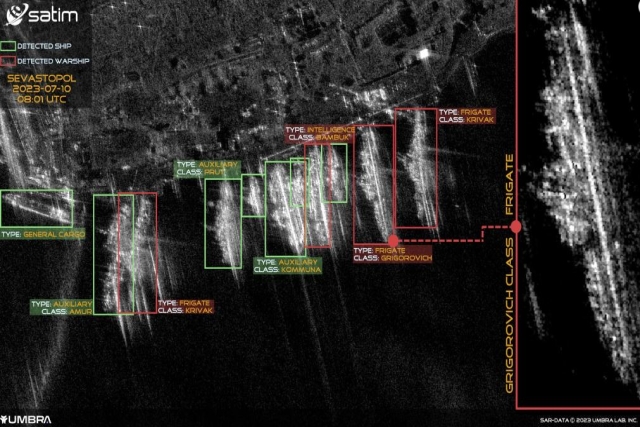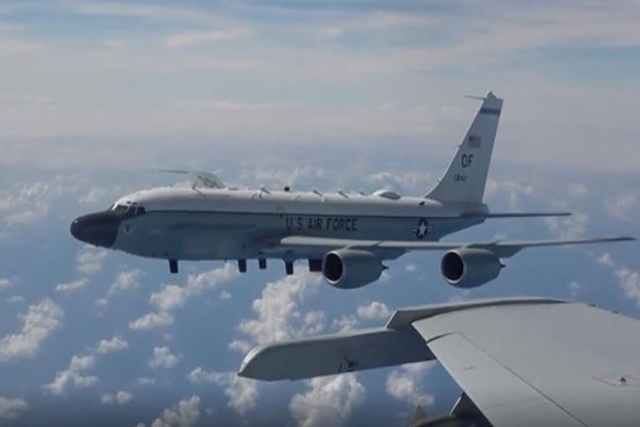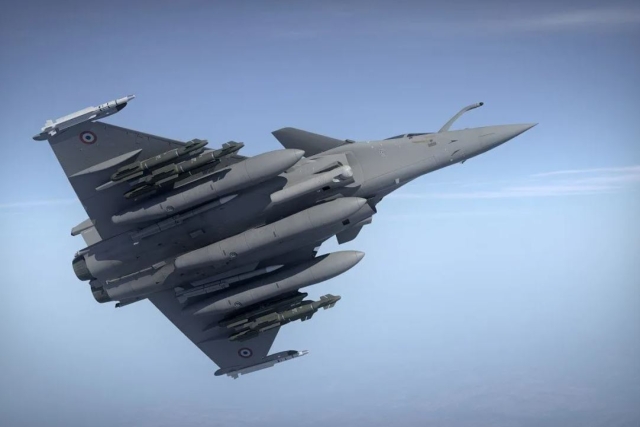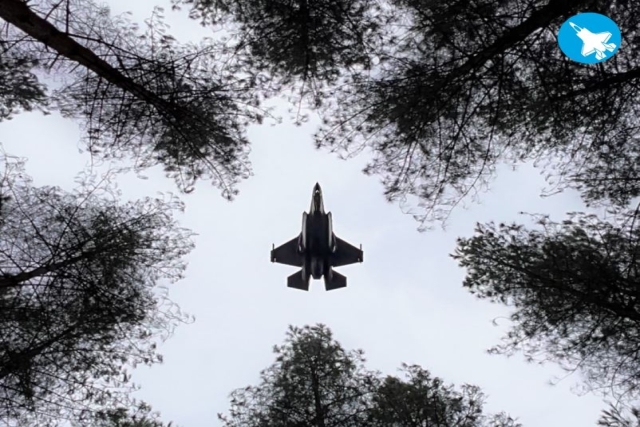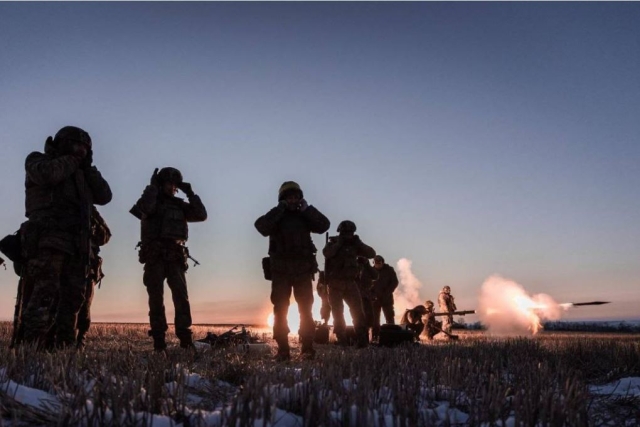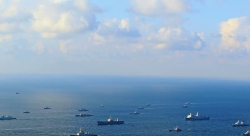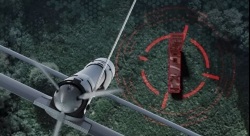China Operates Upgraded J-11B Fighter Jets from South China Sea Islets
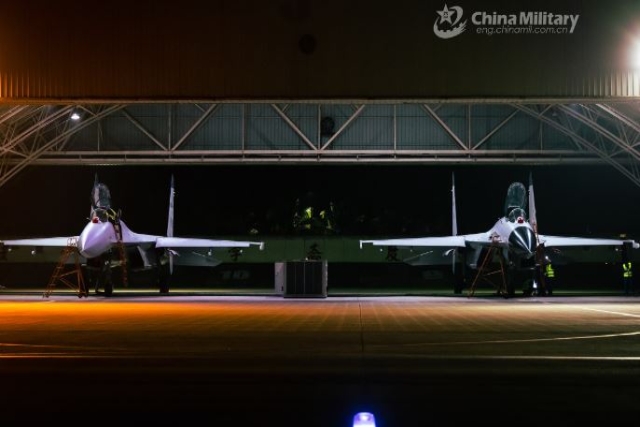
Chinese J-11B fighters featuring enhanced radars and the ability to carry powerful weapons took part in a maritime strike and air-to-air combat exercise from an islet-based airfield in the disputed South China Sea.
A military expert informed state-controlled media that two J-11B variants participated in the drills - one featuring an older black-nosed configuration and the other showcasing a newer gray-nosed configuration.
It is believed that the gray-nosed J-11B is enhanced with an active electronic scanning array (AESA) radar that significantly improves its situational awareness and enables the fighter jet to carry the more powerful PL-10 short-range combat missile and the PL-15 beyond-visual-range missile, making the fourth-generation fighter jet close to the 4.5 generation, the expert said.
The latest exercise shows that this upgraded version of the J-11B is now operable on islets in the South China Sea, the expert added.
China asserts dominion over a significant portion of the vast South China Sea. It has constructed runways and airfield infrastructure on several artificial islands for both civilian and military purposes. These include Subi Reef, Mischief Reef, Fiery Cross Reef, and Woody Island (located in the Paracel Islands).
Around a week ago, satellite images indicated China's development of a 600-meter airstrip on Triton Island, situated in the fiercely disputed waters. This island is part of the Paracel group, which is concurrently claimed by Vietnam and Taiwan.
Chinese coast guard vessels attacked Philippines Navy supply vessels with water cannons in early August to force them away from near the Nansha islands in the disputed South China sea on Saturday.
South China Sea exercise
During the exercise, four fighter jets sequentially took off from the airfield, forming two pairs. They stealthily navigated towards a designated area at low altitude over the sea. Approaching maritime targets, they ascended swiftly for mock strikes.
Following maritime training, the fighter jet pairs engaged in air-to-air combat.
Post-exercise, the ground maintenance crew promptly conducted checks and refueled the aircraft, enabling swift return to sortie.
Major Tong Liguang, a member of the brigade, told Chinese state media that islet-based airfields are characterized by fast-changing weather, complex bird conditions and the lack of objects of reference while flying over the sea.
“Compared with flights from land-based airfields, islet-based airfields demand higher psychological fortitude, skills and tactical capabilities from pilots, as they mostly have to rely on instruments and navigation devices to determine their stances and locations,” Tong said.
